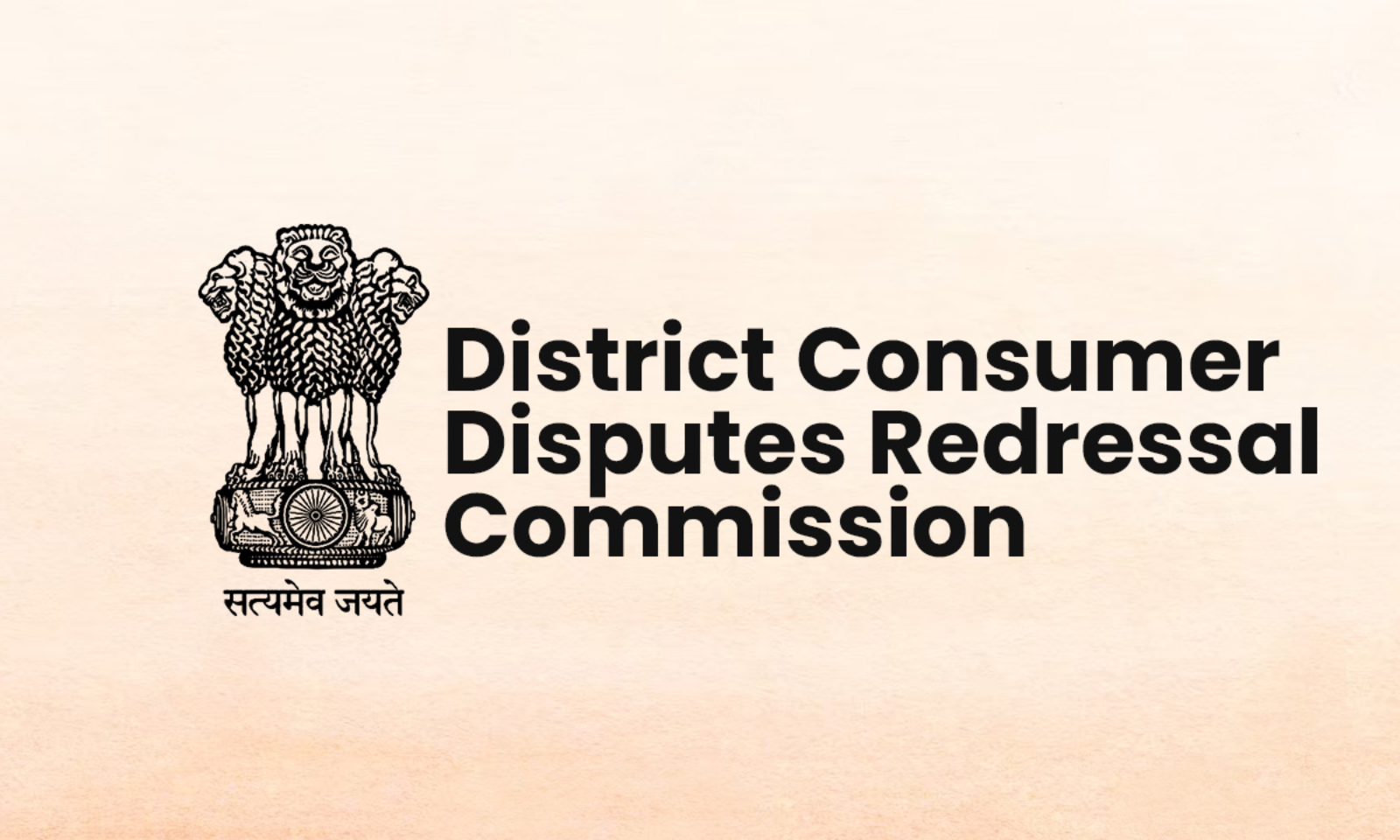In this age of digital payment like UPI Lite, NFC and QR Code, the prevalence of cash payment at several government establishments is unpalatable. The payment collectors round off fractional amount to the nearest Rupee and indulge in overcharging to boost ‘other income’. Recently, a Chennai based consumer court has awarded Rs. 15000 to the complainant who filed a suit against India Post for overcharging 50 paise to him. Let us discuss the menace of ‘other Income’ and the ‘Rounding off’ syndrome.
Rounding off is an inherent part of cash payment if the amount is in fraction of rupee like 50 paise, 70 paise etc. In volume-based businesses, the rounding off system gives way to ‘other income’, ‘black money’, ‘tax evasion’. Government establishments like Railway Reservation System and India Post are prone to this menace.
Other income is more that business income: In these days of ‘other income’ syndrome, every organization is busy in finding ways to earn something ‘extra’. Charging for non-maintenance of Minimum Average Balance (MAB), levying bank visit charges, adding a price tag for attestation of documents, charging for list of documents (LOD), cash deposit charges and cash withdrawal charges are some of the nasty charges levied by banks to their unsuspecting customers. These charges fall in the category of other income because these are not related to the core banking business. Sometimes, the ‘other income’ of banks exceeded their income from core business. According to a data released by Ministry of Finance, eleven public sector banks—excluding State Bank of India— have charged Rs 2,331 crore from account holders for their failure to maintain minimum balance in savings banks in FY2024. Is this fair?
Take the case of India Post. It not only provides postal services but a range of financial services. The pricing of various postal and financial services has given way to fractional payments. The payment of charges like, Rs 10.50, Rs. 10.60, Rs 10.70.. etc. is automatically rounded off to Rs 11 by the postal department software. This is done at the pretext of convenience to consumers. In a volume-based business like that of postal department, this ‘convenience cost’ converts into sizeable ‘other income’. Recently, a consumer court has classified ‘rounding off’ as ‘overcharging’ and belled the postal department for this menace.
Fight for just 50 paise! This incident dates back to 3rd December 2023. Mr. Manasha of Gerugambakkam had gone to Polichalur post office for sending a letter through registered post. He was billed Rs. 29.50 for the registered post. He paid Rs 30 and waited for the balance of 50 paise. When he asked for balance of 50 paise, he was told that the system rounded off Rs. 29.50 to Rs.30 and therefore his claim of 50 paise refund was not sustainable. When Mr. Manasha offered to pay through QR code, he was told that the QR Code facility was suffering from a technical glitch and therefore not available. Mr. Manasha had no choice but to file a consumer complaint with District Consumer Disputes Redressal Commission. His fight for 50 paise bared the rampant practice of overcharging in the name of rounding off.
The department accepted its fault: The postal department submitted in the District Consumer Disputes Redressal Commission that practice of rounding off was not new. The software was designed in such a way that it rounded off 50 paise to the nearest Rupee. If the bill was Rs.29.50, the software will round it off to Rs. 30. It is not known whether the income generated through this ‘overcharging’ software was going into the coffers of India Post or its officers. If it was going into coffers of India Post, it would have been boosting ‘other income’ of the department. If it was not a part of balance sheet, the menace of rounding off was generating black money and evading tax. If the legitimate amount in the books was just Rs 29.50 and the collection was Rs 30, the difference of 50 paise was not accounted for and became a part of unaccounted money. Given the fact that, India Post handles almost 21 Crore registered mails, 8 Crore parcels and more than 50 crore packets per annum, one may estimate the income generated through rounding off. With a network of 154,965 post offices, India Post would be generating ‘other income’ beyond imagination.
The Commission went by spirit not the letter: Although the amount of dispute was just 50 paise, the Consumer Disputes Redressal Commission took it seriously. It was not just 50 paise but the system menace which required rectification. The Commission observed that the Postal department had admitted to ‘overcharging’ due to a software glitch which amounted to unfair trade practice under section 2(47) of Consumer Protection Act 2019. The Commission levied a fine of Rs 15000 on India Post and asked the department to pay 50 paisa plus fine amount to Mr. Manasha.
It’s high time that the volume based businesses look into their greedy practice of rounding off. It is unethical, unfair and illegal trade practice. Comptroller and Auditor General of India (C&AG) must look into this menace and rectify the system.



